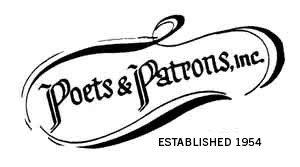“thank you for your submission, unfortunately, we will not be using any of your poems at
this
time”
wrote the editor, gagging on his own laughter---
knowing the discouraged poet will feel like
slitting his tedious throat, or blowing up his cacophonous computer
(riotous sounds of stonewalled words)
the power of the rejection,
like a discounted advance
asking to dance and getting a coldly polite
“no thank you”
(you're too short, not Robert Redford enough or
dressed well enough to indicate status)
and your words as well, poor panhandling prosy pitiful and plain Jane
“We read your submission carefully” ( ha ha, yes, he will believe this---)
“we get so many poems, it is impossible to publish all of them”
(chortling, as the editor thinks “i love slamming doors in their pesky little
faces—) “oh do please submit in future, we would love to read more of your
work" (even though we didn’t actually read these, we just pretended)
and now your poetic ego is upended
and Sylvia Plath has company—she is wherever she is now, still trying to get accepted into
Frank O'Conner's short story, writing class—her embarrassed kids grown up without a mother, one of them
unliving in the same dimension where she found her peace, at last—“Good God Almighty,
peace at last”
a damsel of tragically unfinished business—
editors have the power to elate and the power to deflate—
and some writers undevelop
as if lacking fortuitous film
they are a photo finished
in flux
critics weigh in so heavily they smother the druthers
to poem.
to live
to poem
suicide syllables
put their mouths into ego's sheet
and no morning comes,
while others gloat over their dawn coffee
never sleeping,
just keeping
would be wordsmiths
from ever becoming.
erin-cilberto
9/16/17
